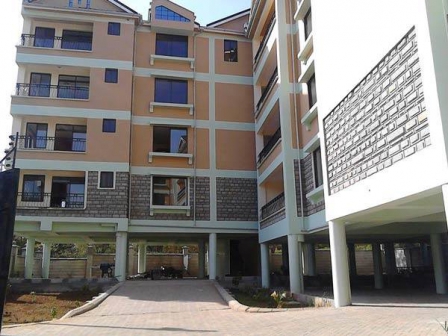
Nairobi: The housing challenge in Kenya is the product of more than a declining economy. Failure to prioritise housing for the poor has unfortunately remained consistent. A couple of years back, MPs stated that “Instead of using millions of shillings to build high-rise flats for slum dwellers, the Government should give incentives to the private sector to build decent houses for the middle class also in dire need of affordable housing.” Access to adequate housing is explicitly recognised as a human right by the Constitution 2010. It specifically provides that every person has the right to “accessible and adequate housing and reasonable standard of sanitation.”